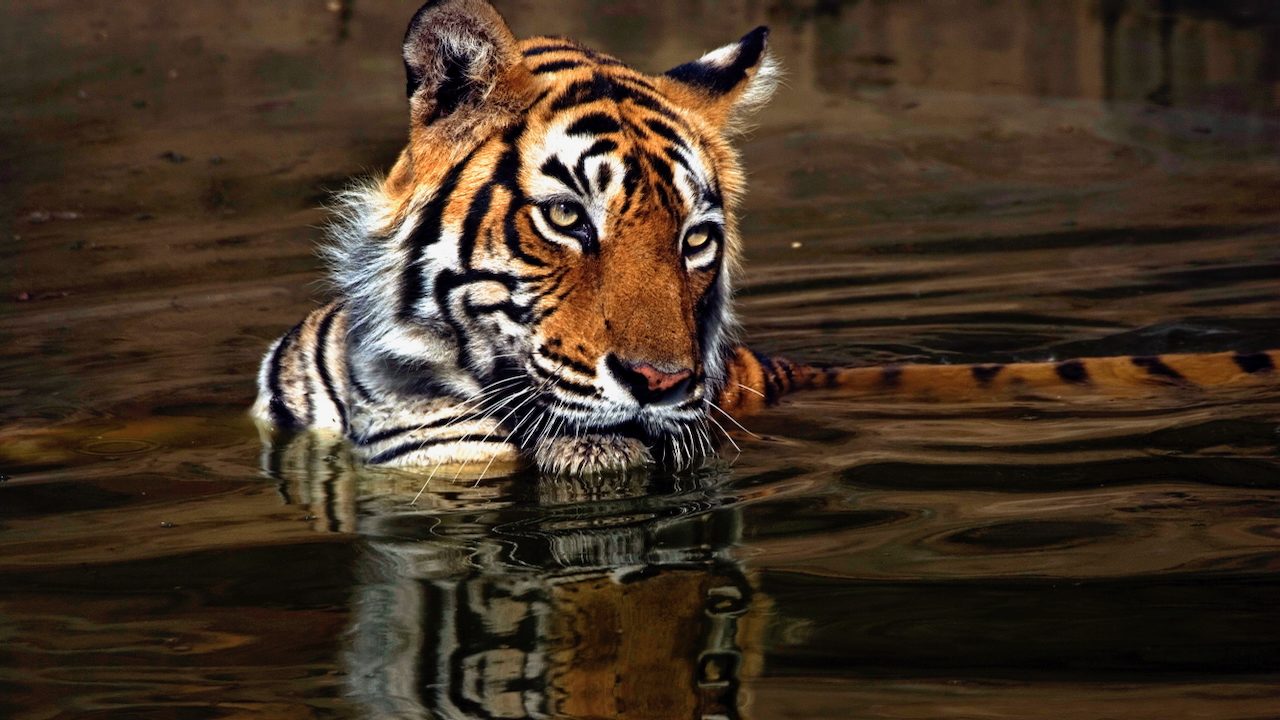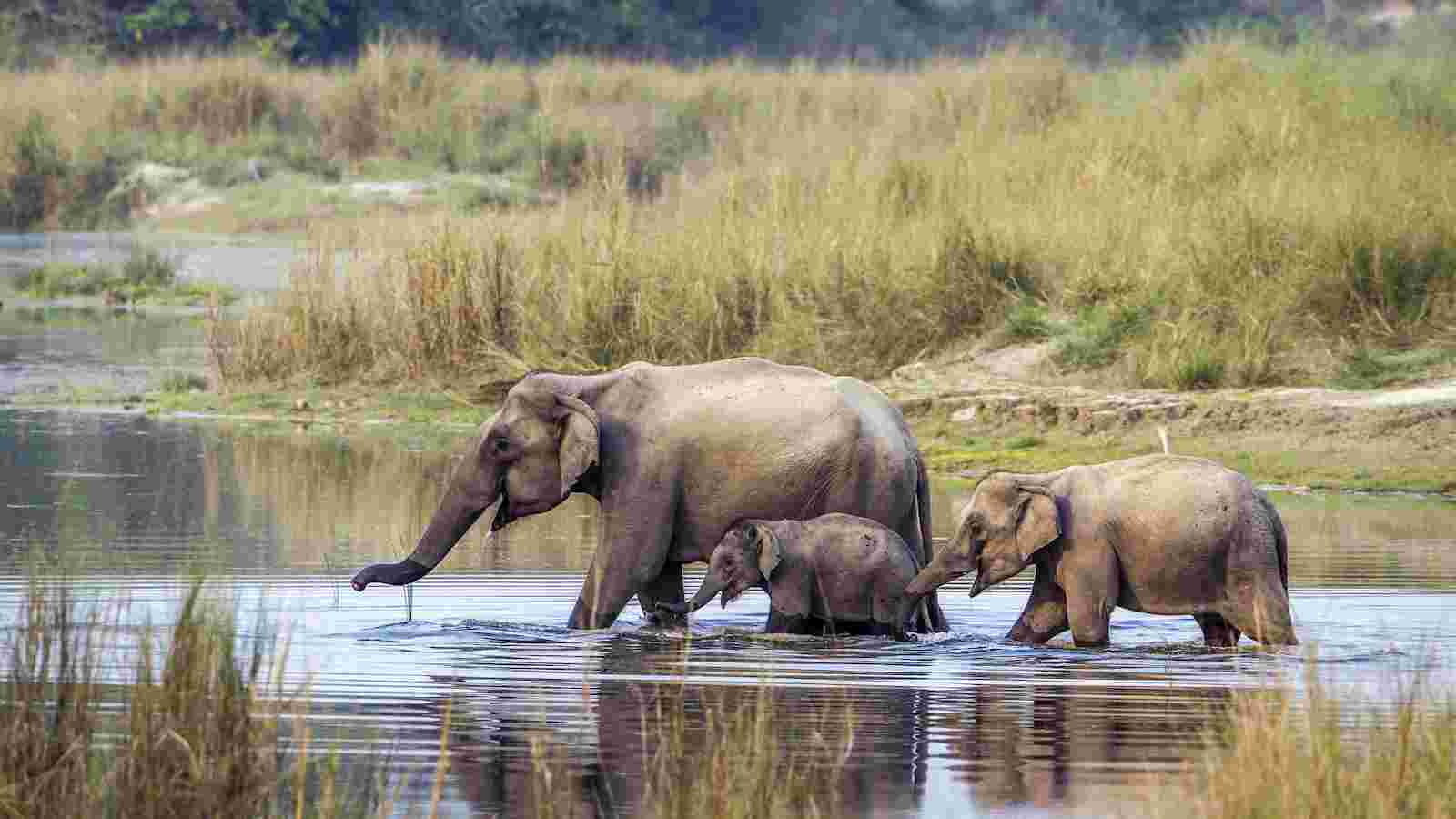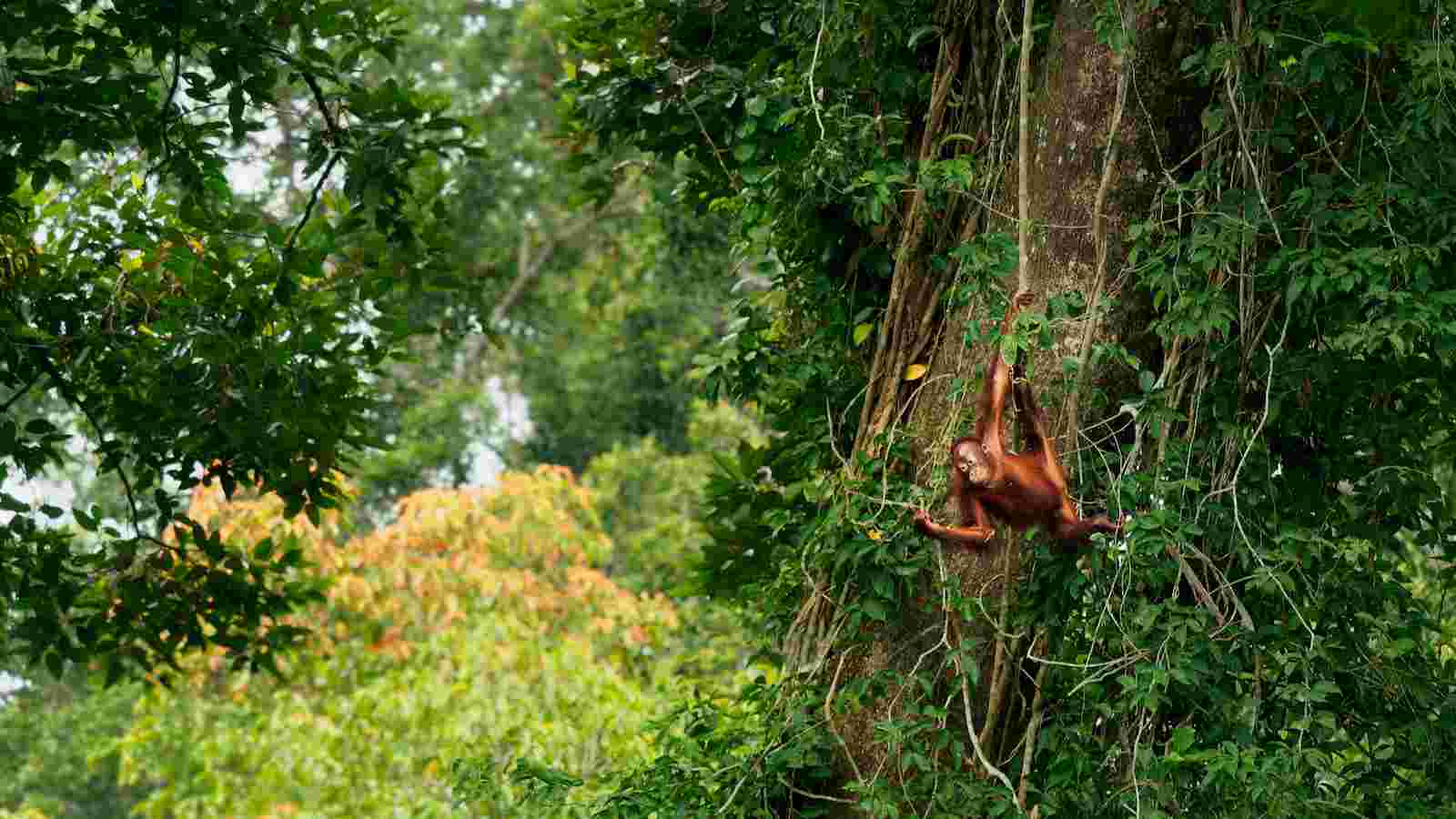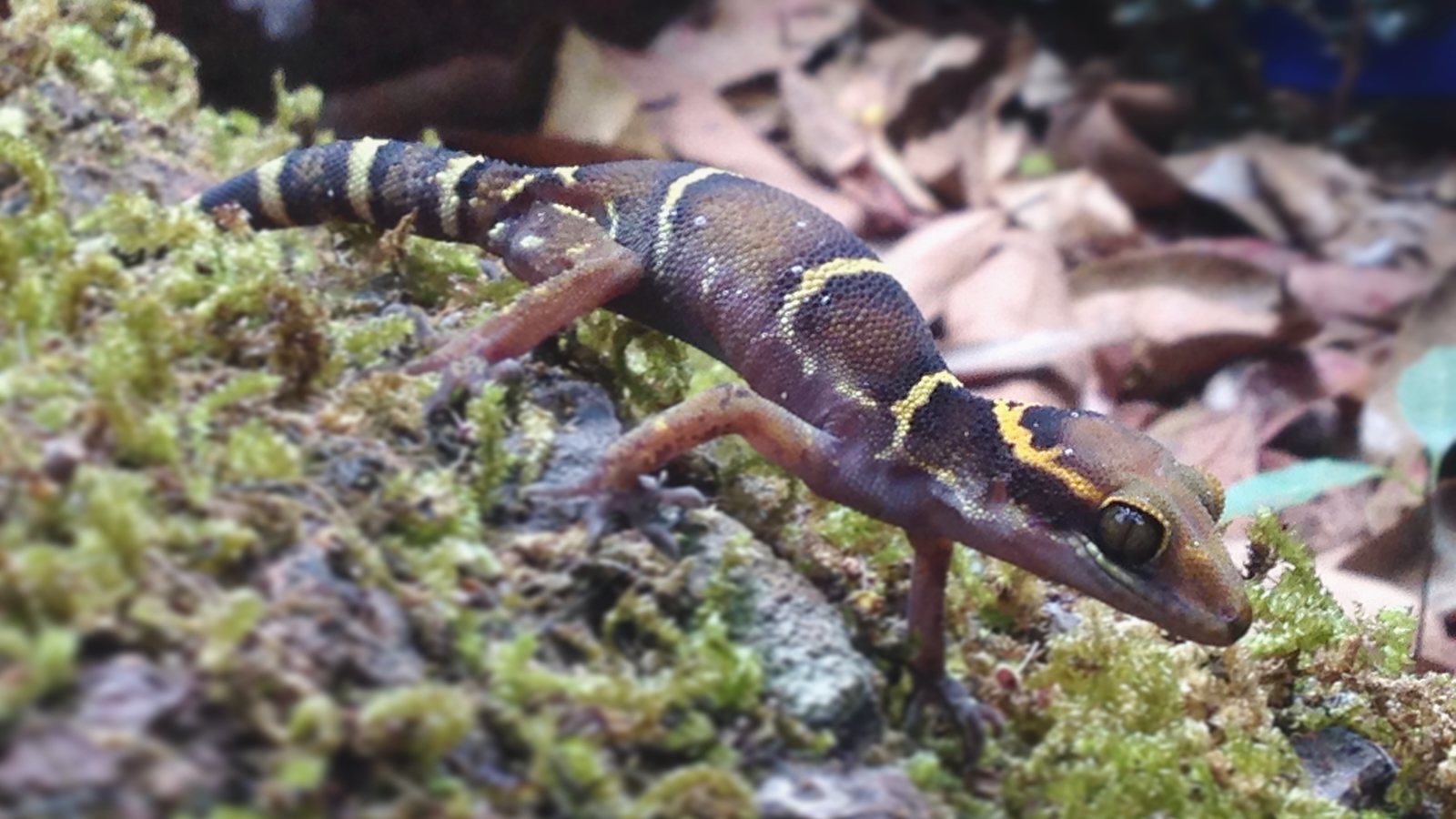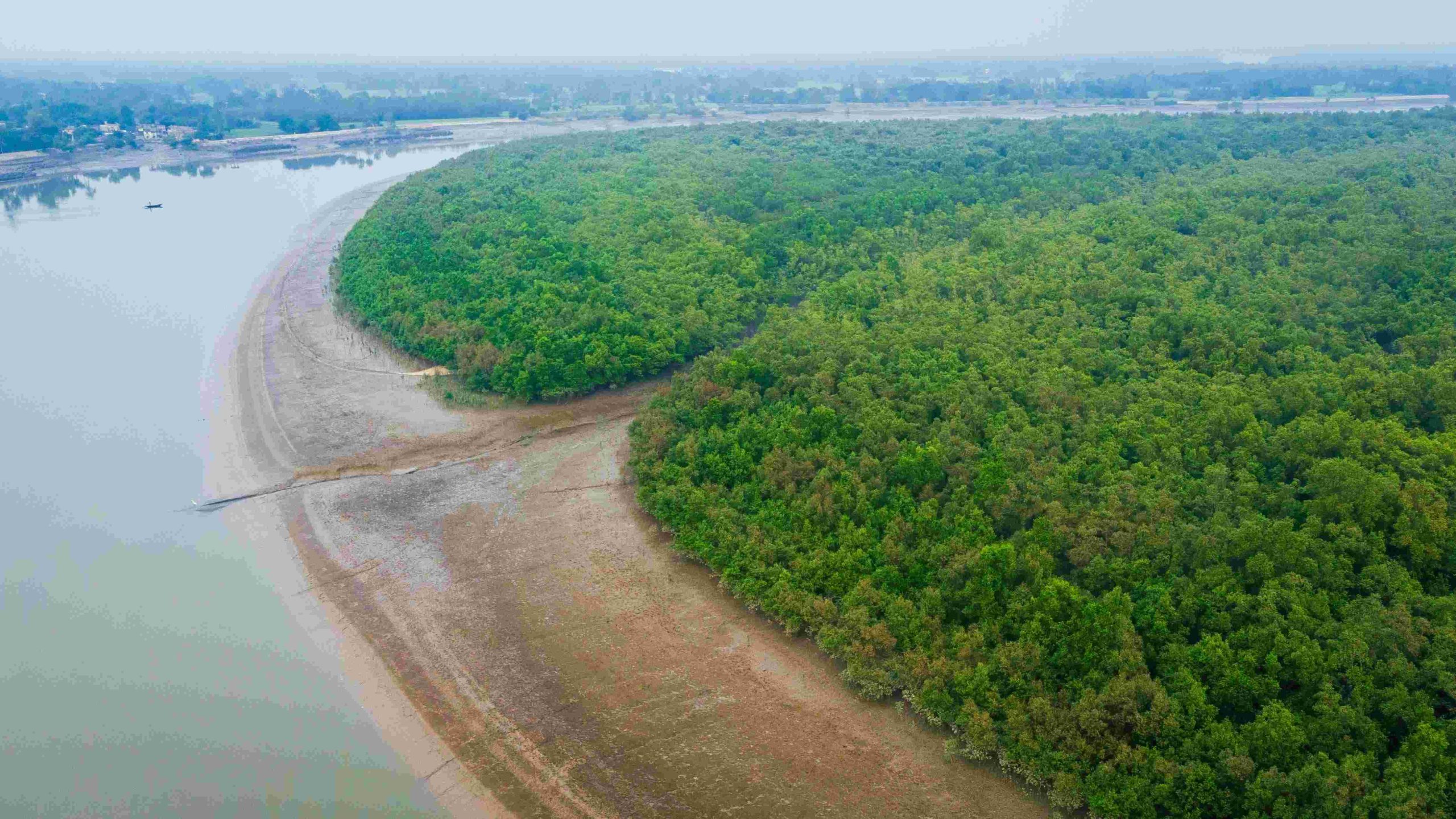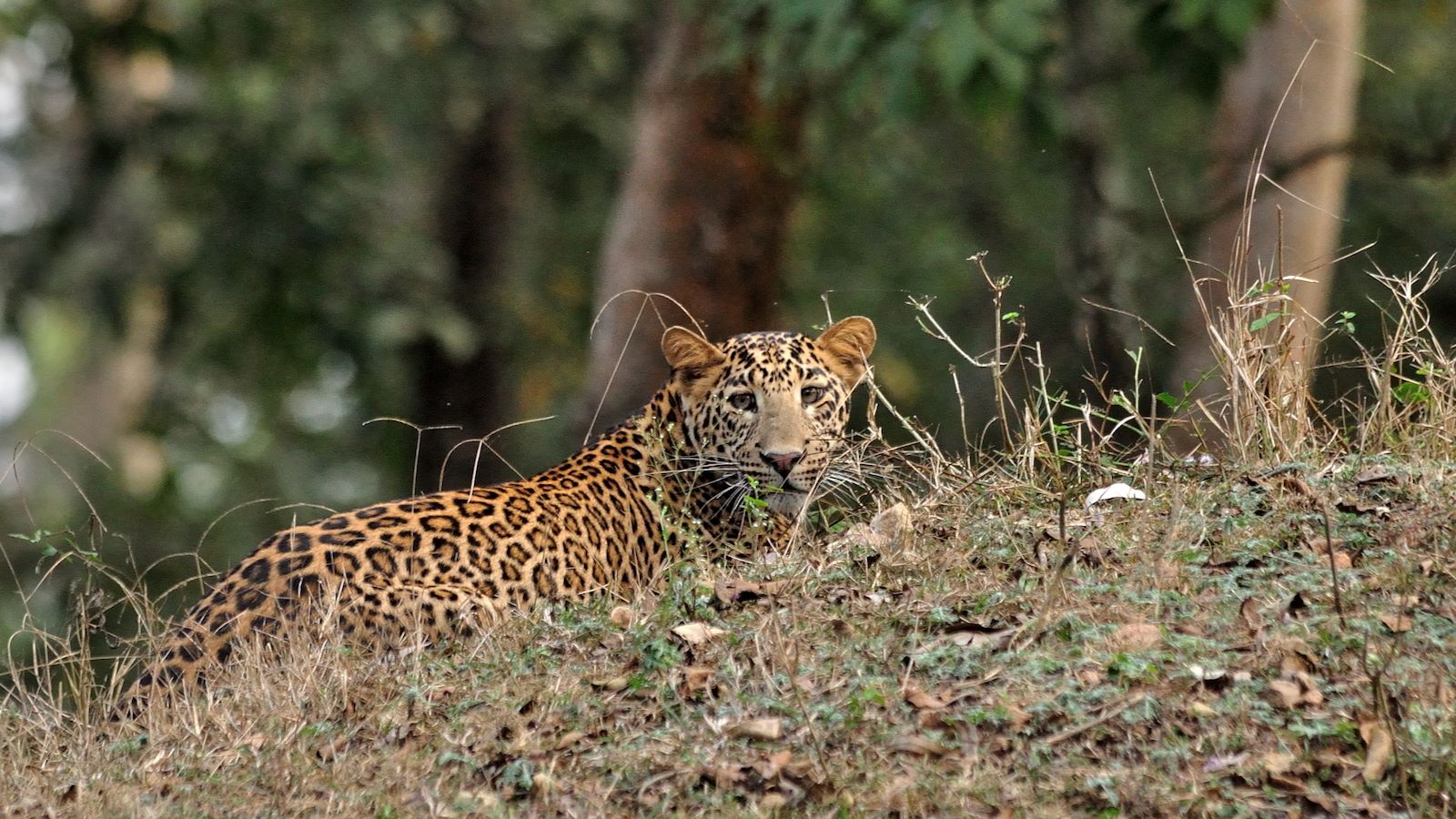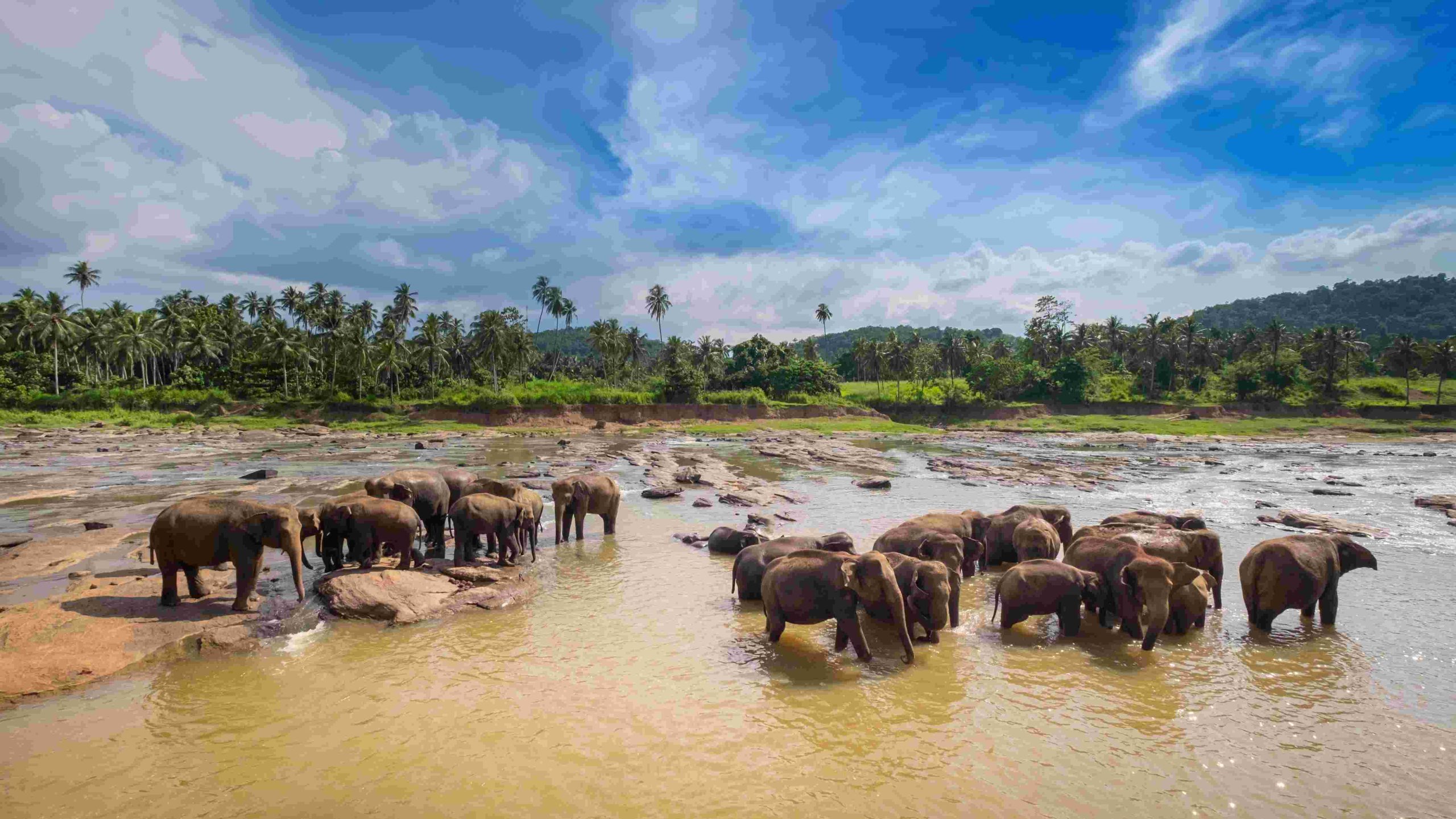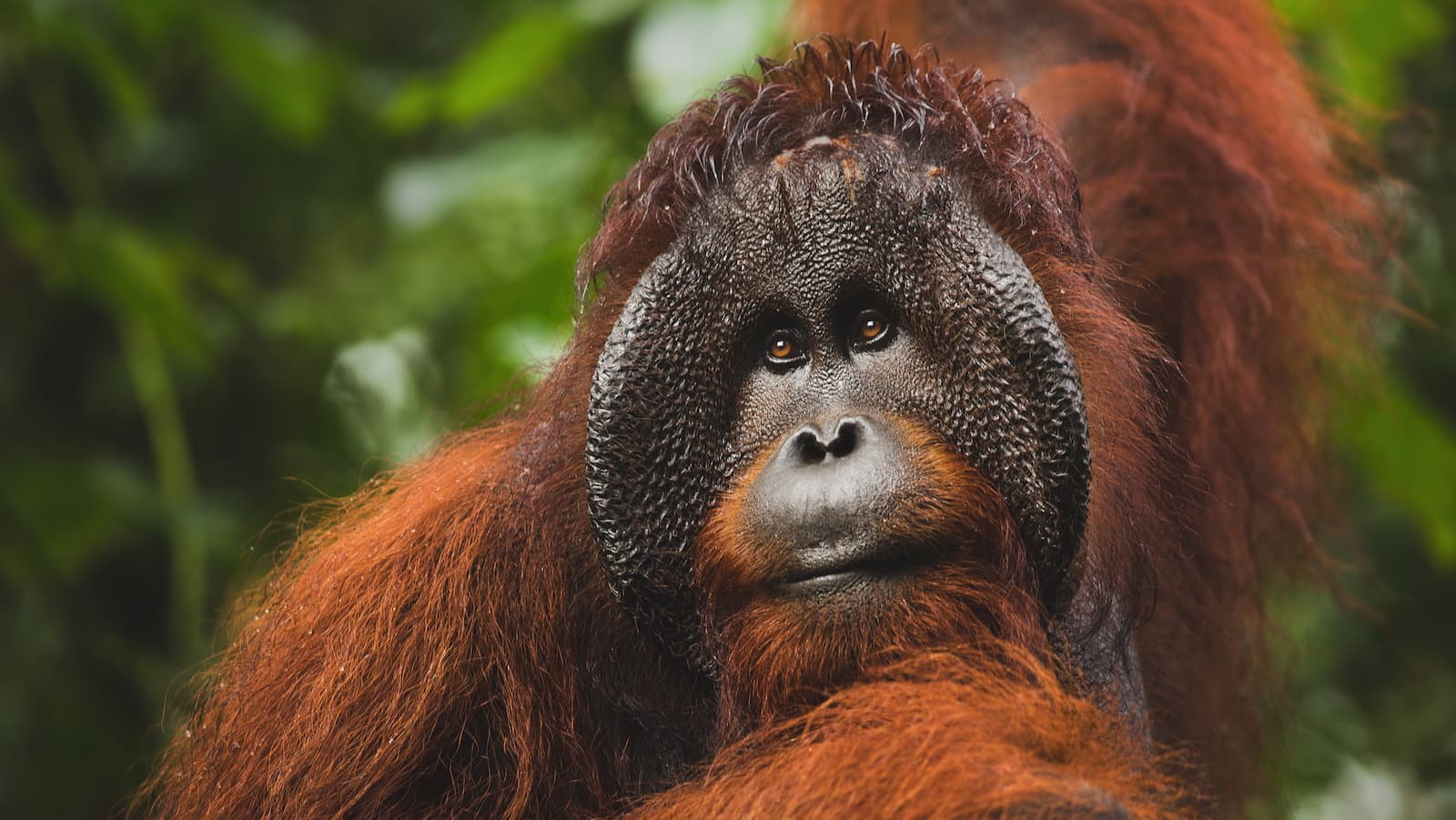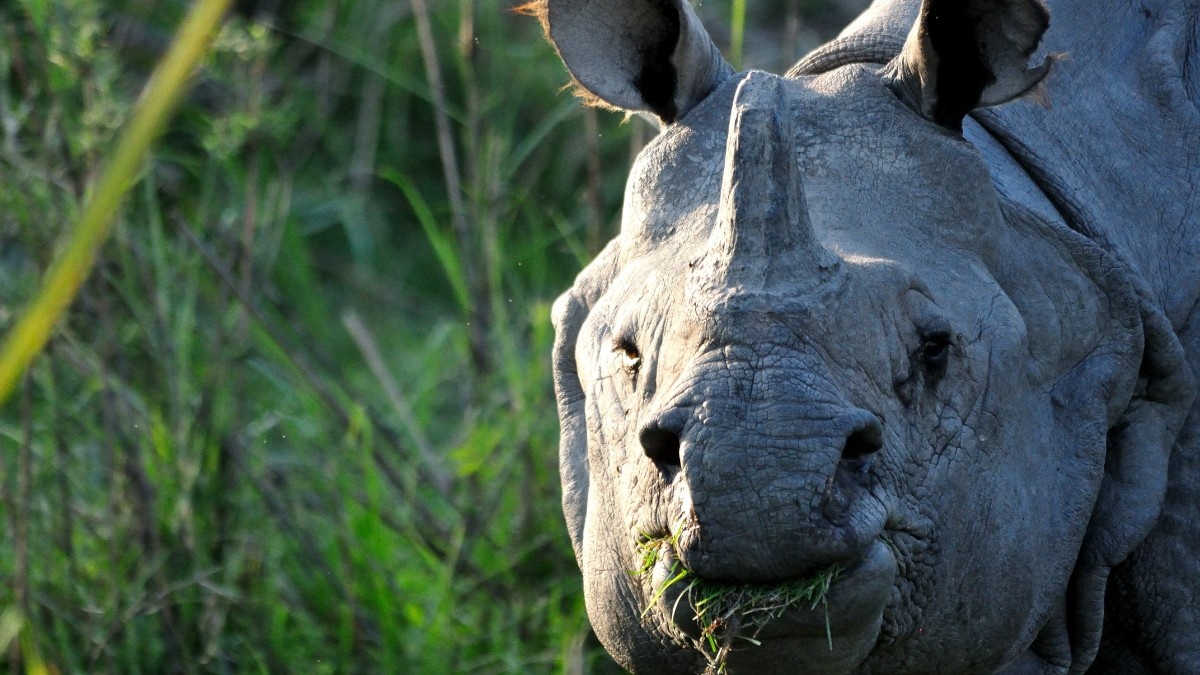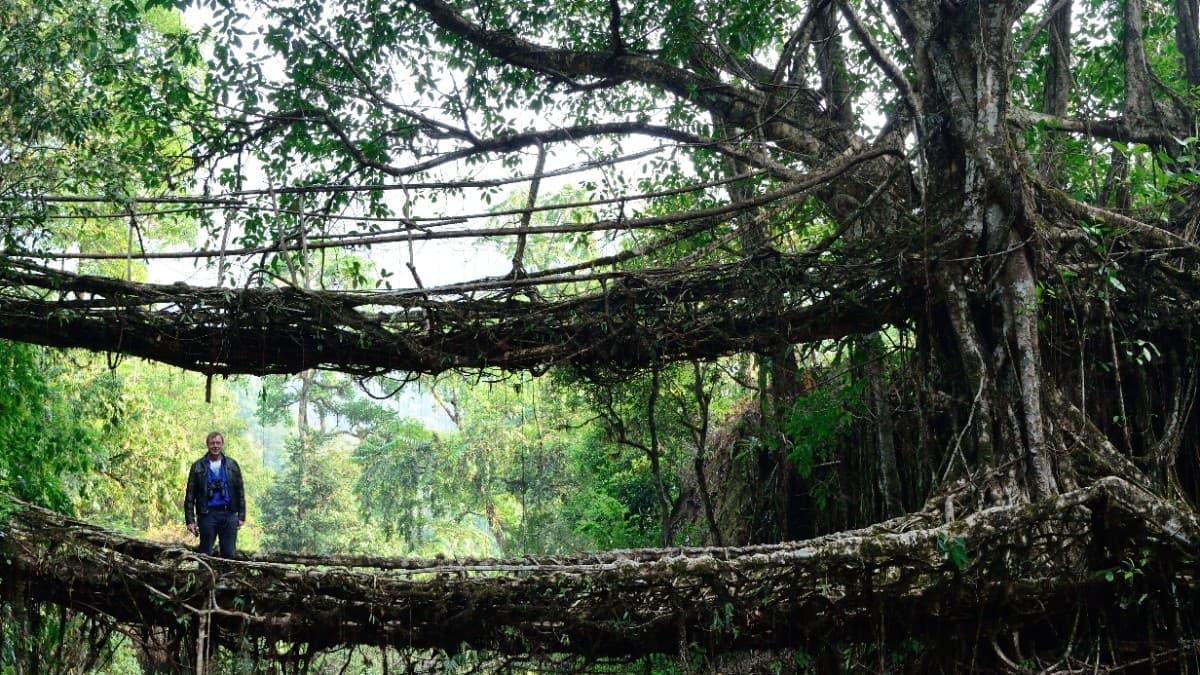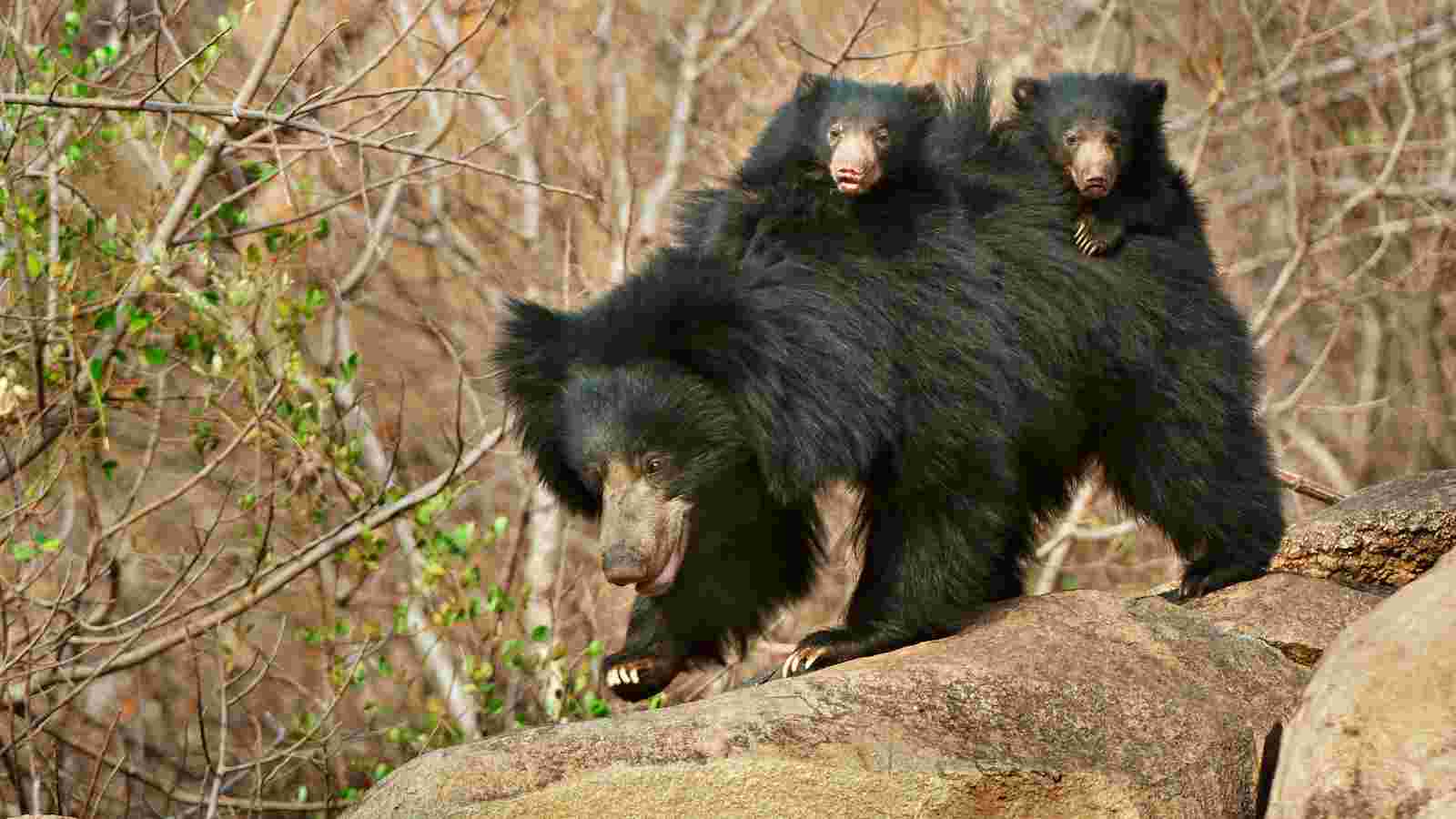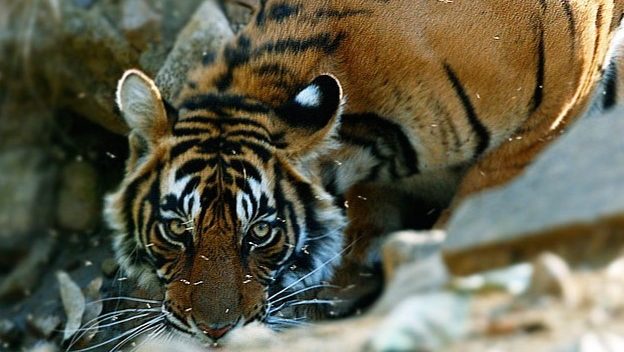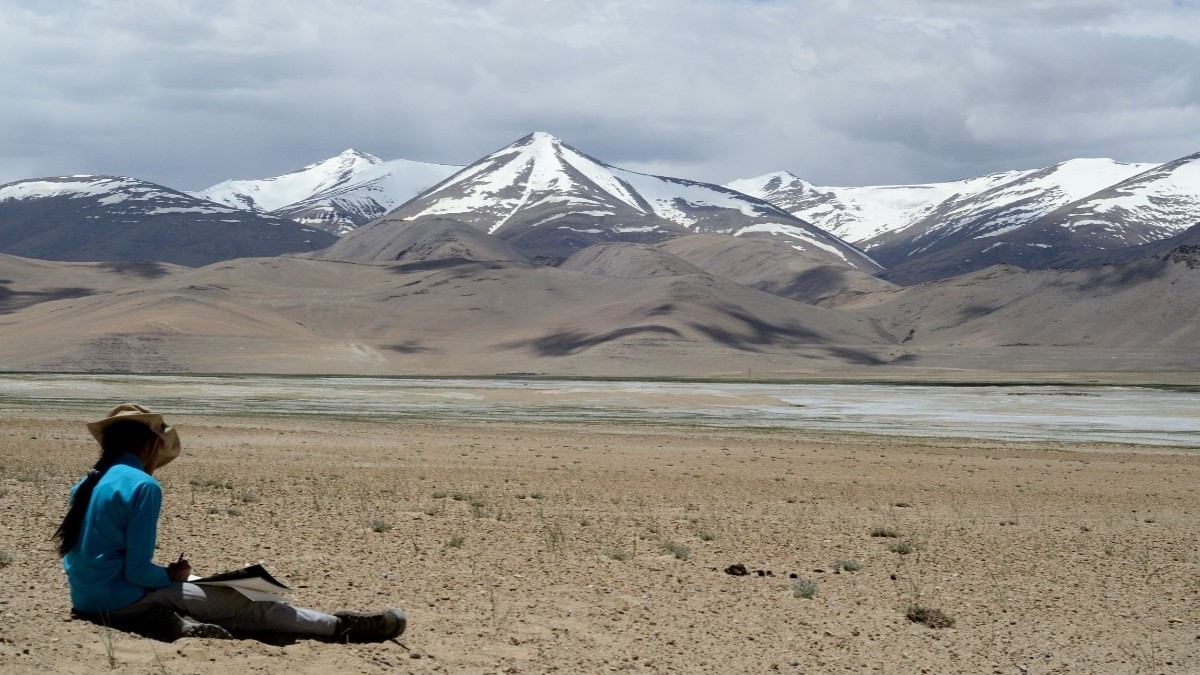Tiger Conservation and working with the impacted communities is one of the varied designs of this module. The field research projects, bio-mimicry fueled exploration and safaris have been instrumental in triggering new ideas and projects.
Shashank’s example reflects how these trips can be effective tools for generating ideas. A similar trip trip led him to choose “Population Trends of Tigers” as a topic for his IBDP extended essay, which focused on population modelling using regression.
Shashank
IB student, Mumbai
